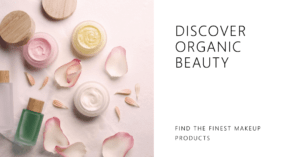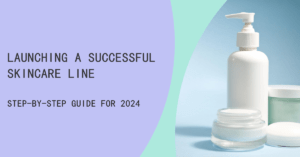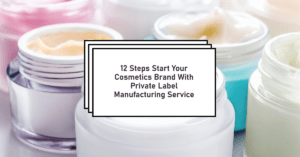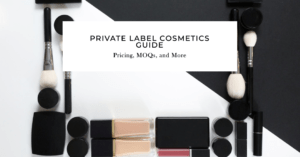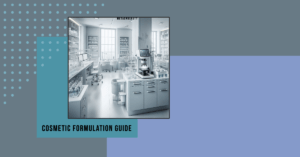Introduction to Private Makeup Labels
The beauty industry has always been a dynamic and evolving landscape. Recently, there’s been a noticeable shift towards private makeup labels, driven by consumers’ desire for uniqueness and personalization. This trend is redefining the way we think about beauty products and brand loyalty.
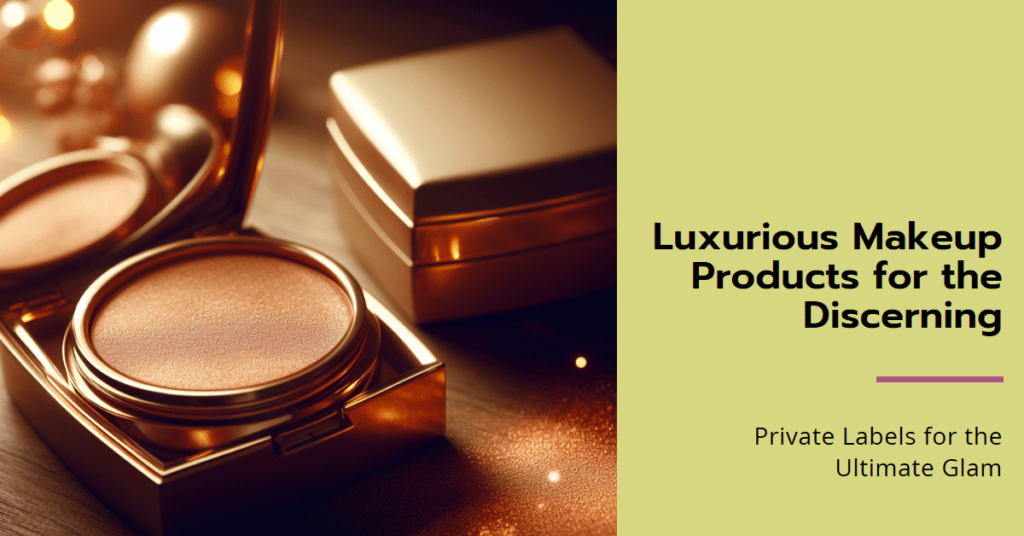
Table of Contents
Understanding Private Makeup Labels
Understanding Private Makeup Labels can be essential for anyone looking to start their own makeup brand or for consumers who want to know more about the products they are using. Private makeup labels refer to the branding and labeling of makeup products by a company other than the manufacturer. This can involve customizing existing makeup formulas, packaging, and branding with the company’s own logo and design. By understanding private makeup labels, individuals can make informed decisions about the products they purchase and gain insights into the business side of the makeup industry.
Private makeup labels, distinct from mainstream brands, offer a level of exclusivity and customization that larger brands often can’t match. These labels are typically created by individuals or smaller teams, focusing on niche markets and unique product offerings.
The Benefits of Starting a Private Makeup Label
One of the most attractive aspects of starting a private label is the creative control it offers. Entrepreneurs can design products that resonate with specific audiences, often leading to higher profit margins and a more engaged customer base.
Starting a private makeup label can be a lucrative business opportunity. By creating your own makeup brand, you have the freedom to develop unique products tailored to your target market. This allows you to differentiate yourself from competitors and build a loyal customer base. Additionally, owning a private label gives you control over branding, pricing, and distribution, providing the potential for higher profit margins. Furthermore, as the beauty industry continues to grow, there is ample opportunity for success in this market.
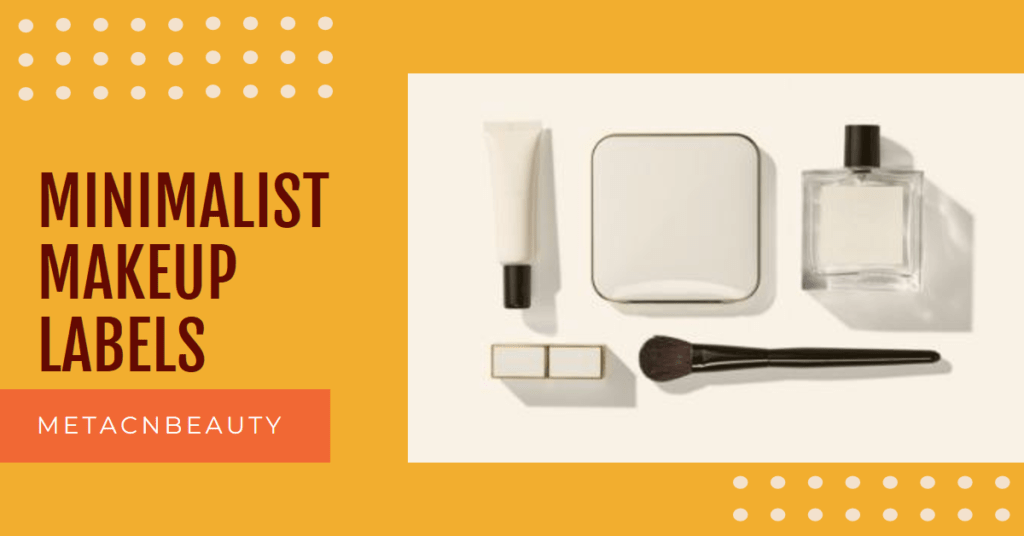
Key Steps to Launching Your Private Makeup Label
Launching a private makeup label involves several crucial steps. Conducting thorough market research is essential to identify your niche. Partnering with reliable manufacturers, developing a cohesive product line, and investing in attractive branding and packaging are also key. Additionally, navigating legal requirements is crucial for long-term success.
Understanding the Beauty Market
Current Trends
To succeed in the beauty industry, staying abreast of current trends is crucial. What’s hot in the world of makeup right now? Are sustainable and organic products leading the charge? Understanding these trends will help you carve a niche for your brand.
Target Audience Analysis
Who is your ideal customer? Conducting a thorough analysis of your target audience is essential. Are they looking for luxury, affordability, uniqueness, or ethical products? This knowledge will shape your product development and marketing strategy.
Creating Your Brand Identity
Choosing a Brand Name
Your brand name is your first impression. It should be catchy, memorable, and reflect the essence of your makeup line. Think about what makes your brand unique and how your name can communicate that.
Logo and Packaging Design
Your logo and packaging are not just about aesthetics; they convey your brand’s story. Strive for designs that resonate with your target audience and stand out on the shelves or online.
Product Development
Formulation Basics
The heart of your makeup line lies in its formulations. Will you go for cruelty-free, vegan, or all-natural ingredients? Partnering with the right manufacturer who can bring your vision to life is key.
Collaborating with Suppliers
Finding reliable suppliers for your ingredients and materials is crucial. Ensure they align with your brand values and can meet your quality standards.
Legal Considerations
Regulatory Compliance
Navigating the legal landscape is critical. Ensure your products comply with FDA regulations and any other relevant guidelines.
Trademarks and Patents
Protecting your brand with trademarks and patents is a smart move. This will safeguard your unique formulas, brand name, and designs.
Marketing and Promotion
Building an Online Presence
In today’s digital age, having a strong online presence is non-negotiable. Create an engaging website and utilize social media platforms to connect with your audience.
Influencer Partnerships
Collaborating with influencers can be a game-changer. It’s a powerful way to gain exposure and credibility in the beauty community.
Sales and Distribution Channels
Online Sales Strategy
Developing a robust online sales strategy is essential. Consider how you’ll handle logistics, payment processing, and customer service.
Retail Partnerships
Partnering with retail stores can expand your reach. Research potential partners that align with your brand and negotiate favorable terms.
Customer Engagement
Feedback and Improvement
Listening to customer feedback and continuously improving your products is key to long-term success. Engage with your customers through surveys, social media, and direct communication.
Launching a private makeup label is a journey filled with creativity, challenges, and immense possibilities. By following these key steps, you’re not just creating a brand; you’re contributing to the diverse and ever-evolving beauty industry.
Marketing Strategies for Your Private Label
Effective marketing is the backbone of any successful brand. For private labels, digital marketing, influencer partnerships, and a strong online presence are crucial for reaching target audiences and building brand recognition.
Challenges and Solutions in the Makeup Industry
The makeup industry is competitive, and private labels must strive to maintain quality and customer satisfaction. Staying attuned to market trends and being adaptable are crucial strategies for overcoming these challenges.
Success Stories: Inspiring Private Label Brands
Many private makeup labels have achieved significant success, providing inspiration and valuable lessons for new entrepreneurs in the space.
Absolutely, let’s delve into some inspiring success stories of private label brands in the makeup industry. These examples highlight how entrepreneurs have harnessed the power of branding, innovation, and market understanding to create successful businesses.
Success Stories: Inspiring Private Label Brands
1. Kylie Cosmetics: A Social Media Phenomenon
Kylie Jenner’s Kylie Cosmetics is a prime example of leveraging fame and social media to build a beauty empire. Launched in 2015 with the Kylie Lip Kit, the brand quickly expanded its range. The key to its success lies in its marketing strategy – using social media influence and direct-to-consumer sales. Kylie Cosmetics shows how a strong personal brand can catapult a private label to staggering heights of success.
2. Glossier: From Blog to Beauty Brand
Glossier’s journey began as a beauty blog, “Into The Gloss,” created by Emily Weiss in 2010. Its transition into a makeup and skincare line in 2014 was a testament to Weiss’ understanding of what modern women want in their beauty products – simplicity and quality. The brand’s minimalistic approach, both in product design and marketing, resonates with a generation that values authenticity and transparency.
3. Huda Beauty: A Blogger’s Vision
Founded by Iraqi-American makeup artist and beauty blogger Huda Kattan, Huda Beauty started as a false eyelashes line and rapidly expanded into a full-fledged makeup line. Kattan’s deep knowledge of beauty products and her large social media following were instrumental in the brand’s success. Huda Beauty is a compelling example of how expertise and online presence can combine to create a powerful brand.
4. Fenty Beauty: Revolutionizing Inclusivity
Launched by Rihanna in 2017, Fenty Beauty set a new standard for inclusivity in the beauty industry with its wide range of foundation shades. The brand’s focus on catering to all skin tones filled a significant gap in the market and garnered widespread acclaim. Fenty Beauty’s success underscores the importance of understanding and meeting the diverse needs of consumers.
5. Morphe: Collaborations as a Growth Strategy
Morphe Brushes leveraged the power of collaboration with influencers and makeup artists to build its brand. By partnering with well-known personalities for product lines, Morphe gained instant access to their large followings. This strategy not only boosted sales but also created a buzz around the brand, making it a favorite among makeup enthusiasts.
6. The Ordinary: Disrupting with Simplicity
The Ordinary, part of DECIEM, made waves in the beauty industry with its straightforward, ingredient-focused approach. By offering high-quality skincare products at an affordable price, the brand attracted consumers tired of overpriced, overhyped products. The Ordinary’s success demonstrates the power of simplicity and transparency in an industry often criticized for its opaqueness.
7. ColourPop: Fast Fashion for Makeup
ColourPop Cosmetics, known for its trendy, affordable products, has mastered the art of fast beauty. The brand’s ability to quickly produce and market new products in response to current trends has set it apart in the competitive beauty landscape. This agility, combined with a strong online presence, has made ColourPop a beloved brand among younger consumers.
These success stories illustrate that with the right blend of innovation, market understanding, and branding, private makeup labels can achieve remarkable success. Each brand’s unique approach – whether it’s leveraging social media, focusing on inclusivity, embracing simplicity, or capitalizing on collaborations – provides valuable lessons for aspiring entrepreneurs in the beauty industry.
Future Trends in Private Label Makeup
The future of private makeup labels looks bright, with ongoing innovations and a growing focus on sustainability and inclusivity.
Conclusion
Private makeup labels are more than just a trend; they represent a significant shift in the beauty industry, offering opportunities for creativity, personalization, and business growth.
FAQ
What makes private makeup labels different from mainstream brands?
Private labels offer more customization and target niche markets, providing unique products that may not be available in mainstream brands.
Are private makeup labels profitable?
Yes, with the right strategy and market positioning, private makeup labels can be quite profitable due to higher margins and dedicated customer bases.
How do I start a private makeup label?
Begin with thorough market research, find a manufacturing partner, develop your products, focus on branding, and navigate legal requirements.
What are the biggest challenges for private makeup labels?
Key challenges include competition, maintaining quality, and adapting to market trends.
Can small entrepreneurs successfully launch a private makeup label?
Absolutely! With the right approach and dedication, small entrepreneurs can create successful private makeup labels.

